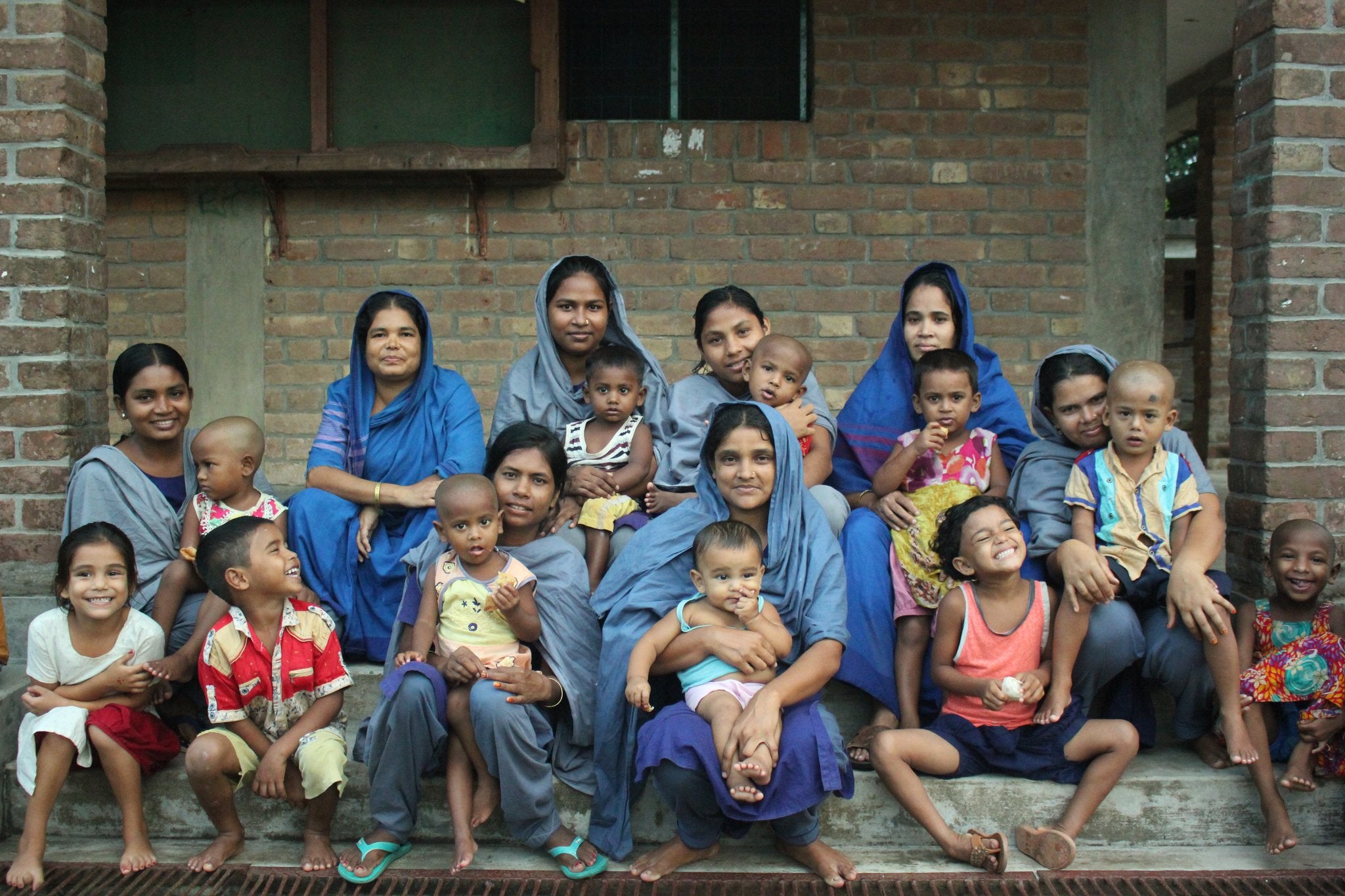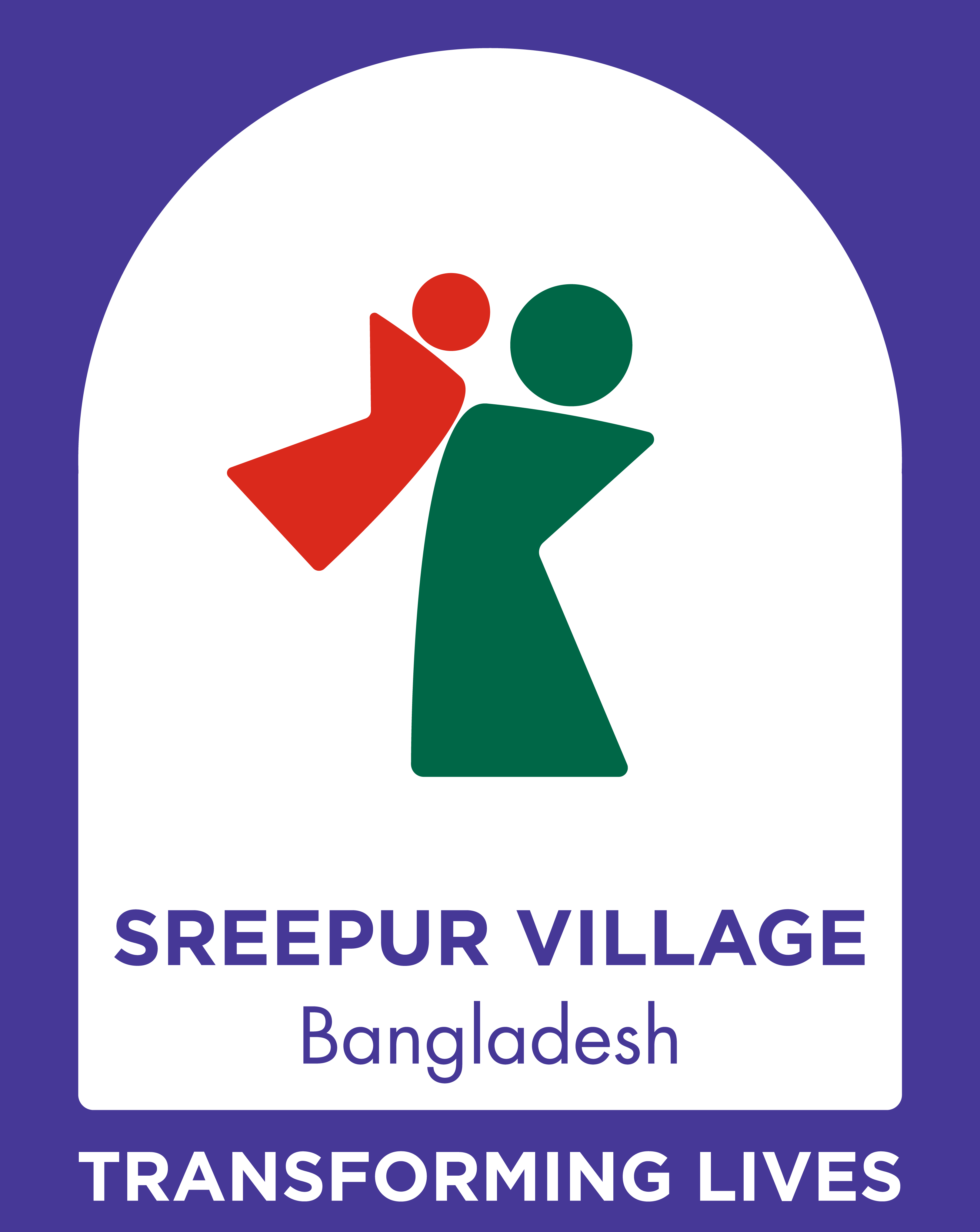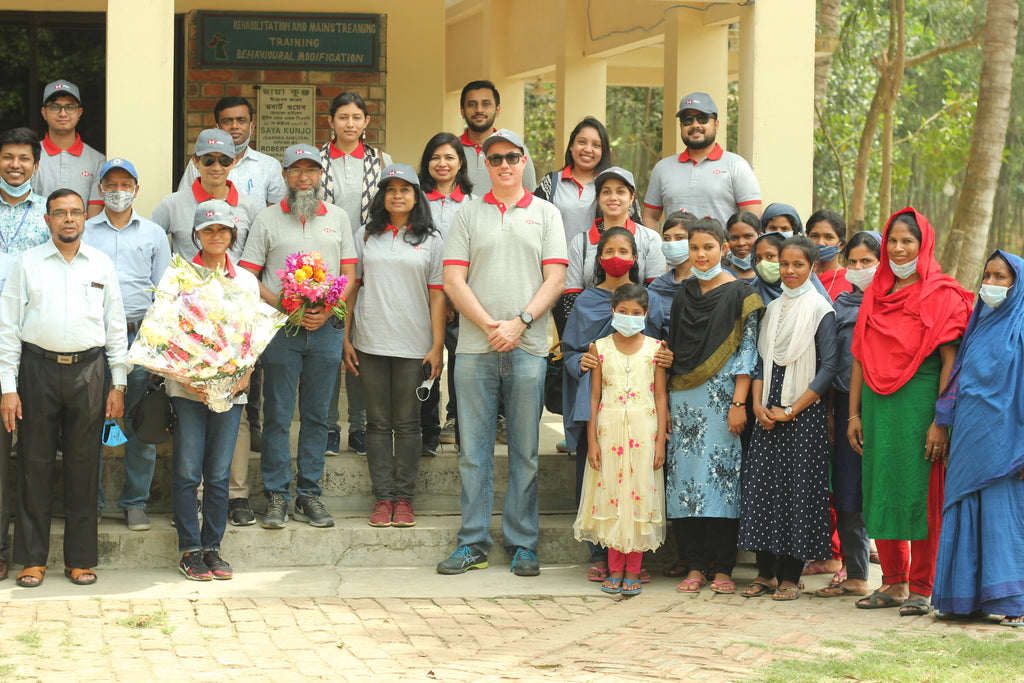

News
HSBC Visit 2021
For ten years, HSBC has been supporting The Sreepur Village, focusing on their education programme.
In October 2020, HSBC generously donated BDT 2,444,840 which is approximately £21,000 which will fund a one year project.
National Gardening Week
“My name is Amina Khatun and I am living in The Sreepur village. One of the things I am learning is how to make sack gardening, which will be extremely useful to me and my family when we return to our community in the near future.”
Moving On - Life After The Sreepur Village
At regular intervals, and for three months, a group (12-15) of our mothers and their families move to a pre-rehabilitation centre, known as the half-way house as a reintegration step into the community. Earlier this month, 15 mothers went to the half-way house and the local community. They began their lives in a new and independent way.
The mothers are also currently completing their training in sewing, garment training, small business shop and bamboo weaving and various other training schemes. We recruit our mothers in such training schemes so that they can earn a livelihood immediately after leaving The Sreepur Village and completing their three-month period in the rehabilitation centre
National Gardening Week
As this week is National Gardening Week, The Sreepur Village would like to highlight the training they offer so that over 200 mothers, in the future, can live self-sufficiently, confidently knowing that their children will not starve.
For the three meals a day that The Sreepur Village provides, a small piece of farm land in the village has been partitioned into different sections for growing vegetables, 60% of which is dedicated to feeding our mothers and children fresh vegetables and, sometimes, salad.
My Trip to Bangladesh, by Emma our UK Fundraiser
Nutrition and Hydration Week
Living in a remote village in Bangladesh’s Sunamgaj District, Runu Bala struggled to feed her three children. Without land and living near to Tanguar Haor - a large wetland area in North-Eastern Bangladesh that gets flooded for five to six months of the year - it was hard for Runu to grow vegetables or other crops. Vegetables are an essential source of nutrition for a sound and healthy body, but in Bangladesh, two out of every three children born are underweight due to malnutrition.
In Bangladesh, many mothers, like Runu, don't have enough land to cultivate vegetables conventionally. Sack gardening does not require much space and a variety of vegetables can be grown according to need and taste. The bags are also easy to move, which is important for families living on 'char' lands (River Island) and riverbanks, who are often forced to move as their villages become flooded. The large majority of our mothers are from the Char area.





